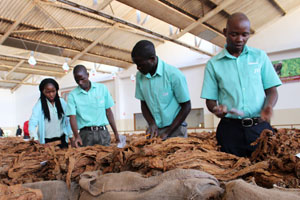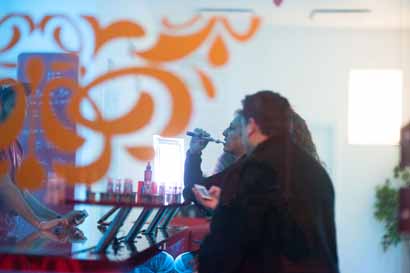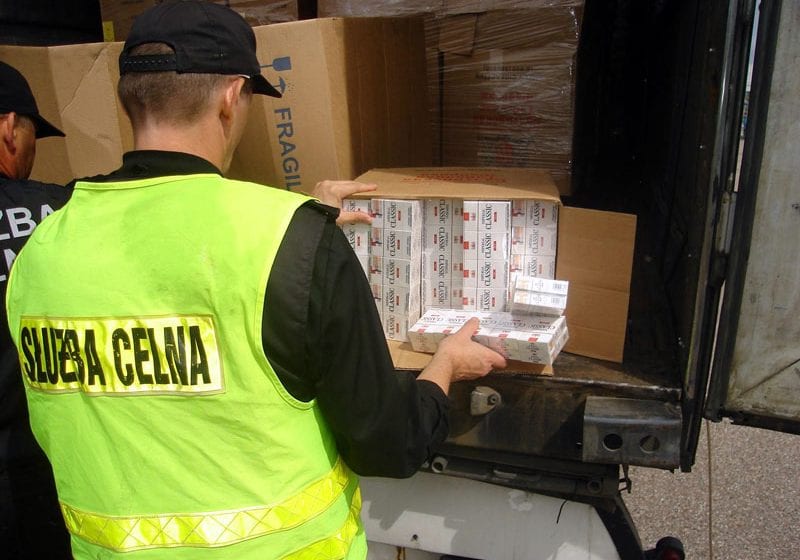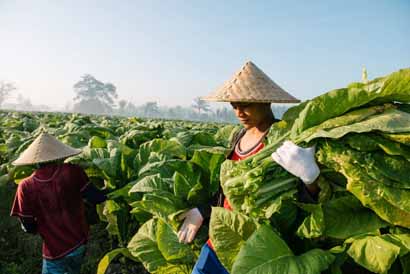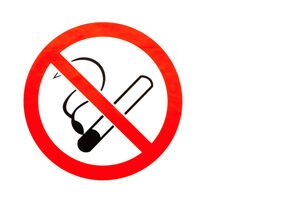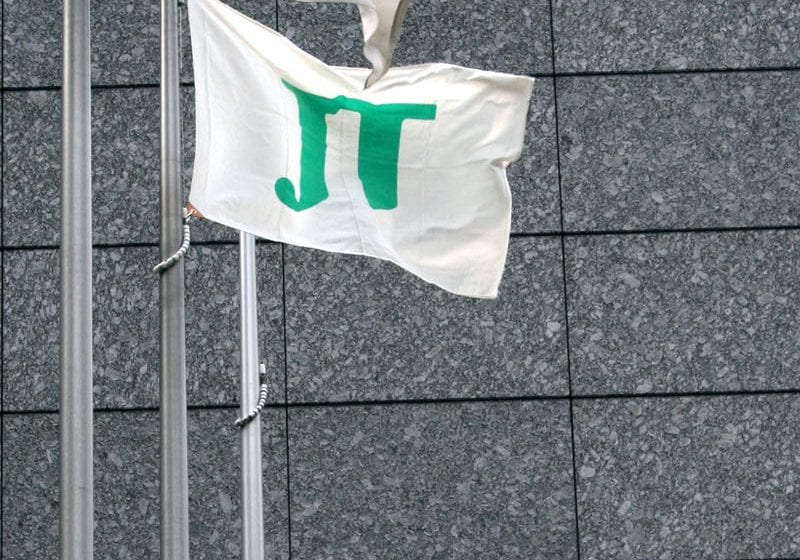A proposal that would have allowed the importation and production of reduced-risk alternatives to cigarettes has been withdrawn in Turkey.
According to a note posted on Friday on the website of the Europe office of the World Health Organization, Turkey’s Minister of Finance, Naci Ağbal, said that plans to allow the importation and production of ‘heat-not-burn tobacco products and electronic nicotine delivery systems (ENDS)’ in Turkey had been withdrawn.
Speaking during the Turkish Grand National Assembly Commission on Planning and Budget on October 17, he confirmed that these products would not be produced or sold in the country.
The announcement was said to have followed ‘strong public reaction to the threats posed by the tobacco industry’s proposals to begin importing and producing heat-not-burn and ENDS products …’.
The announcement followed also a press conference on October 17 at which WHO representatives, academics and health specialists jointly voiced their condemnation of the tobacco industry’s proposed new strategy.
The press conference was said to have been called in reaction to an announcement made earlier by Philip Morris International in which it said it intended to support the establishment of a new entity, the Foundation for a Smoke-Free World.
‘As part of this initiative, the tobacco industry planned to introduce a new range of harmful products,’ the note said.
‘These heat-not-burn and ENDS products pose serious challenges to public health due to their high levels of nicotine.’
The note said the consumption of e-cigarettes had ‘increased at an alarming rate among youth and young adults’ in recent years, raising the probabilities of higher numbers of cigarette smokers in the future.
In warning against the risks of loosening tobacco control laws, WHO’s representative to Turkey, Dr. Pavel Ursu, stressed the importance of ‘political commitments’ made under the WHO Framework Convention on Tobacco Control. Making reference to the intended amendment to the Law on the Organization and Duties of the Tobacco and Alcohol Market Regulatory Authority, he said the proposed amendments contravened the global consensus … “For the continuation of the success of Turkey in tobacco control, we need a firm commitment by all stakeholders rejecting the recent influence of the tobacco industry,” he added.
During the press conference, Professor Mustafa Necmi İlhan, Dean of the Faculty of Health Sciences at Gazi University, said the government should work hand-in-hand with academia and non-governmental organizations in forming national policies.
Professor Hilal Özcebe, public health specialist and professor at Hacettepe University, said the tobacco industry had tried to hide the real effects that these new products had on health. “The tobacco industry states that electronic products have fewer negative effects on public health but this is a totally false argument,” she said.
Electronic devices had the same level of nicotine as widely used products and caused similar vascular disorders and cardiovascular diseases, she added.
The WHO note is at: http://www.euro.who.int/en/health-topics/disease-prevention/tobacco/news/news/2017/10/turkey-withdraws-plans-to-loosen-tobacco-control-laws.


